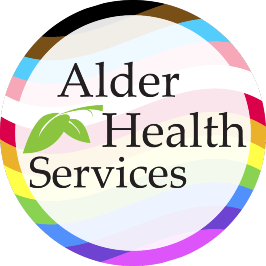
How to Prevent Self-Harm and Promote Self-Care
Depression affects millions of people worldwide, including about 16 million adults in the U.S. alone. It is an incurable condition but can be treated; however, without proper diagnosis and management, individuals with depression can experience suicidal thoughts or actions. In order to prevent suicide and improve emotional wellness, it’s crucial to learn more about depression, the warning signs related to suicide, and ways to promote self-care.
How to Tell if You are Suffering from Depression Disorder
For starters, it’s important to differentiate between regular sadness and a depressive disorder. Sadness is a normal human emotion that everyone experiences following disappointment, rejection, or loss. Depression is a chronic mental state that persists even during moments when one might expect to feel happy or content. Depression warps how we perceive things happening around us and can push us to think and behave irregularly. People with depression might experience the following symptoms:
● Depressed, irritable mood
● Decreased feelings of pleasure and interest
● Radical changes in weight or appetite
● Thoughts of dying or suicide
If you notice that you, or someone close to you, is exhibiting signs of these behaviors, then you should be alert to the warning signs of when the depression begins to reach an unhealthy level.
Recognizing the Dangerous Signs of Suicide and Self-Harm
Depression reaches dangerous territory when people are pushed to the point of harming themselves, sometimes even choosing to take their own life as a means of escape. When feeling the effects of depression, you should be wary of any signs that might indicate you, or someone close to you, could be teetering a little too close to the edge.
Some of these behaviors include withdrawal, unusual aggression, sleeping too much or too little, or turning to drugs and alcohol. Sometimes, loved ones who experience depression will verbally express their plight, so it’s important to listen for any mention of feeling helpless, worthless, trapped, or wishing to “end” or “escape” their pain. When experiencing any form of depression, it is essential to understand that self-harm and suicide are not the answer to depression. As soon as you recognize any of these warning signs, you should confront the issue immediately, and seek help to ensure that you, or your loved one, is safe.
Steps to Prevent Depression from Taking Over Your Life
Once you understand how depression affects your day-to-day life, you can begin to take steps to combat it. Improving your emotional wellness can be challenging, but it’s essential to help you move forward. Make a list of the basics you should get done daily, including taking care of your personal hygiene and doing an enjoyable activity. Eat a healthy diet of fresh, nutritious foods to help reduce your symptoms of depression. Keep in touch with friends regularly, but avoid individuals who would hinder your efforts of feeling better.
Don’t be afraid to seek out professional help, which is one of the best ways to treat your depression. Focus on building a support team that will work toward helping you achieve emotional wellness. Look for a trustworthy therapist who focuses on an optimistic approach and regularly monitors your progress. Additionally, social workers make for ideal treatment providers. Do your research when deciding who to reach out to; keep in mind that social workers who are licensed have completed the proper training, including a Master of Social Work (MSW) program at an accredited U.S. university. The MSW program trains social workers on diagnosing psychosocial problems and treating mental health issues including social functioning.
Depression can feel like an overwhelming force, but know that you’re not alone. You have the power to keep depression at bay and prevent suicide. Don’t neglect healthy self-care habits, which can help you feel better each day. Also, you should immediately consult with a medical professional if you feel like you might be experiencing chronic depression. The more you understand about your depression, the better chance you have of coming out on top.
Photo Credit: Pixabay.com











